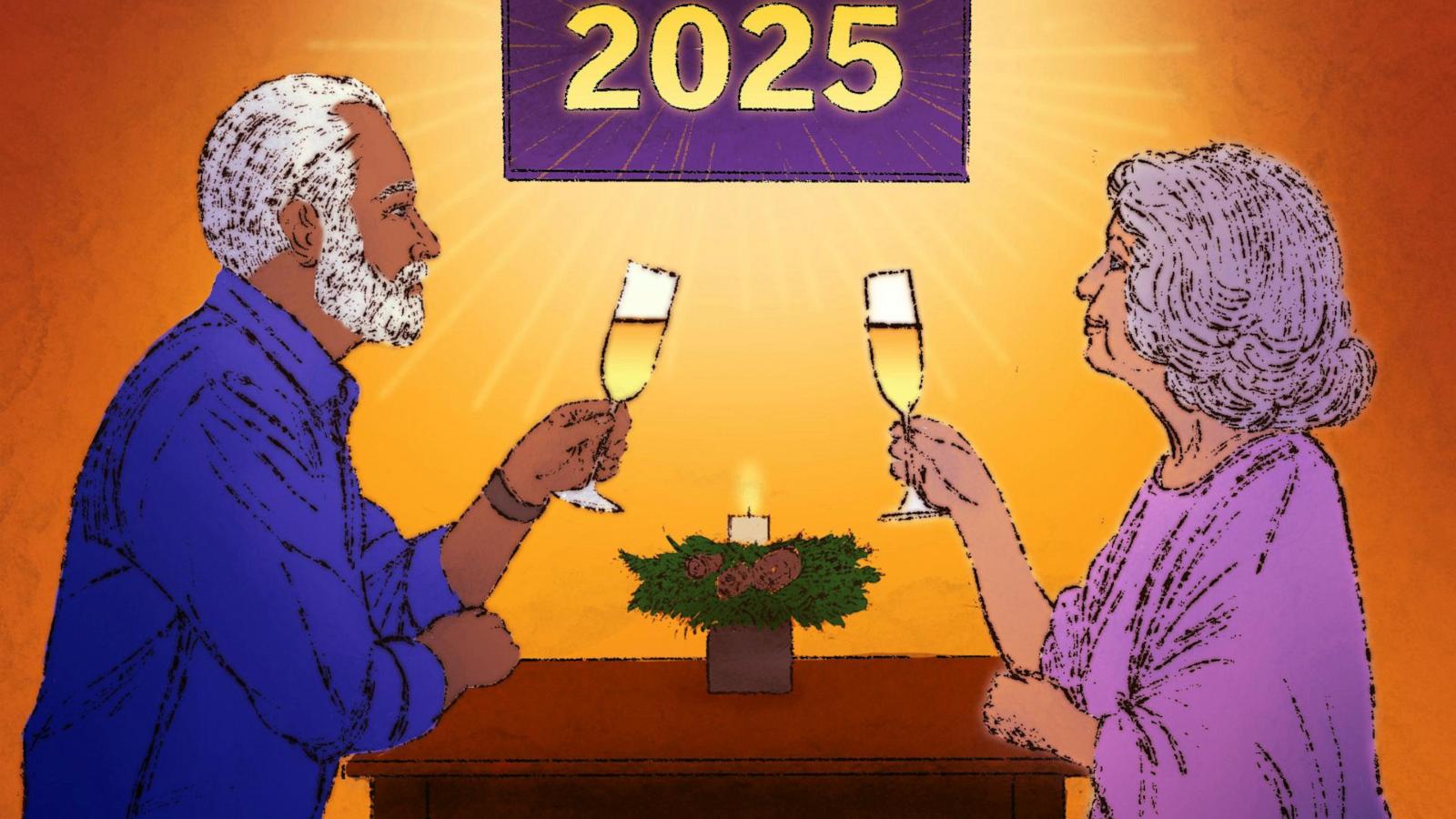How Americans Plan to Ring in 2025: A New Year's Eve Surprise
Forget the glitz and glamour of Times Square! This year, New Year's Eve celebrations across the US are taking a decidedly more low-key approach. While some may still envision champagne toasts and crowded dance floors, many are choosing cozy, intimate gatherings or quiet nights at home. Are you ready for a surprising peek into how Americans are truly welcoming 2025? Buckle up, because the new year is trending surprisingly different.
Homebody Holiday: A Quiet Revolution
A recent survey reveals a fascinating shift in New Year's Eve traditions. More than half of Americans are abandoning large-scale celebrations, choosing instead the comforts of their own homes or intimate settings with close family and friends. The data reveals that nearly 20% are ringing in the New Year with loved ones at home. But this isn't just about laziness. It reflects the rising preference for meaningful connections over the noise and expense of crowded parties. As we move forward from pandemic effects, it makes one question, has our vision of New Year’s festivities permanently shifted? This surprising trend is less of an unexpected twist and more of a gradual shift over recent years toward prioritization of family-centric values and smaller get-togethers over large celebrations.
Ditching the Big Bash: Why Low-Key is the New High
The reasons for this shift are multifaceted. Firstly, cost is king, with party packages, entry fees, and other added expenses driving people away from larger, organized events. Secondly, mental health is becoming a prioritized factor in many Americans’ plans, which often takes priority over large party scenes. Many cite that they are looking to spend a more comfortable and less socially taxing holiday with people they truly value and care for. This trend extends to all age groups and is one to continue watching in the coming years, given the apparent increase of the same mindset. Thirdly, and this is a particularly relevant fact to remember in today’s world: the current financial climate means Americans have different priorities, as people tend to lean toward financial conservatism for security reasons. This is one of many reasons behind the switch to quieter celebration methods. Some individuals prefer the peace and quiet of their homes over expensive celebrations; this is also another consideration.
New Year, New Resolutions: The Weight-Loss Trend
While festivities might be toning down, New Year's resolutions remain steadfast! The majority of Americans still plan to make at least one resolution for 2025. Interestingly, some top picks include self-improvement focused plans. Weight loss, mental health improvement, increased self care, and financial stability were all common topics among resolution-makers.
2025: Hope or Hype?
Overall, sentiment toward 2025 is mixed. While many harbor some level of optimism, significant portions of people expect the coming year to mirror the last. This sense of realism could influence the more toned-down celebrations that year after year show a larger degree of decline from that of more extravagant festivities in years past. This may be considered an indication that celebrations might not be focused so much on showing up or partaking in extravagant things and more centered on creating smaller personal memories to look back fondly upon in later years.
Take Away Points
- New Year's Eve celebrations are becoming increasingly low-key, with many choosing intimate gatherings or quiet nights at home.
- Cost, personal mental health and priorities, and the current financial climate are driving this shift.
- New Year's resolutions remain popular, particularly among younger generations, with many emphasizing self-improvement such as weight loss and increased self care.
- There is a balance of both realistic optimism and uncertain pessimism as people await the arrival of 2025.




